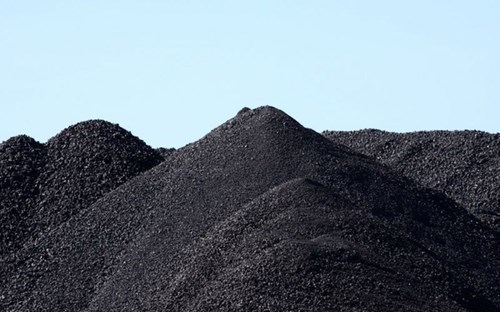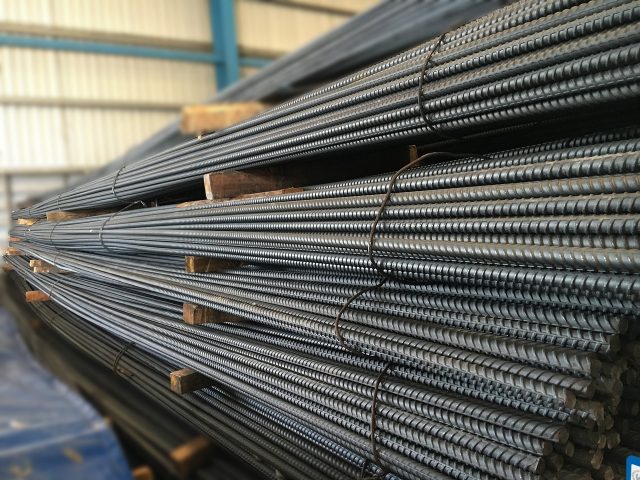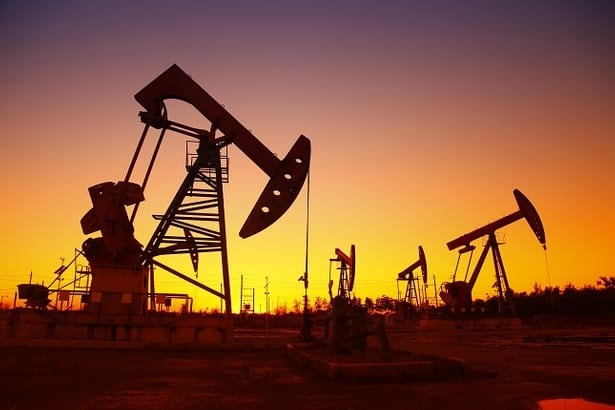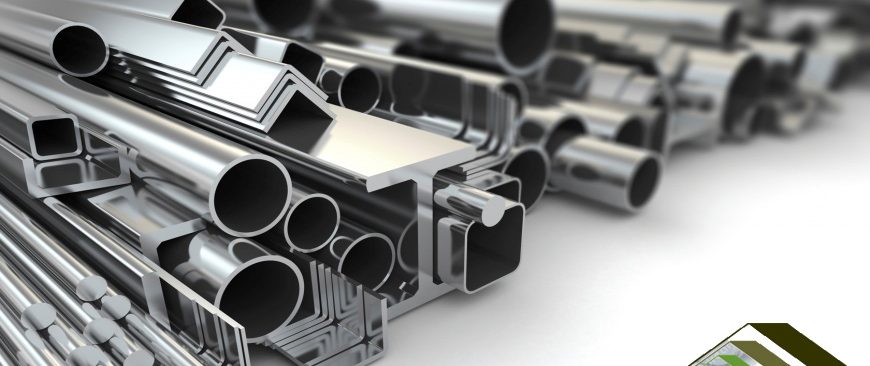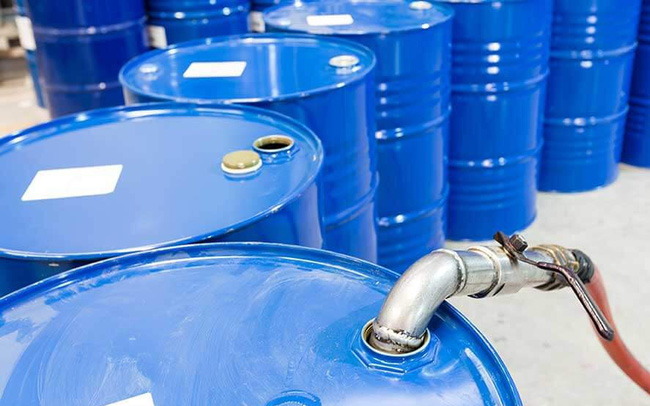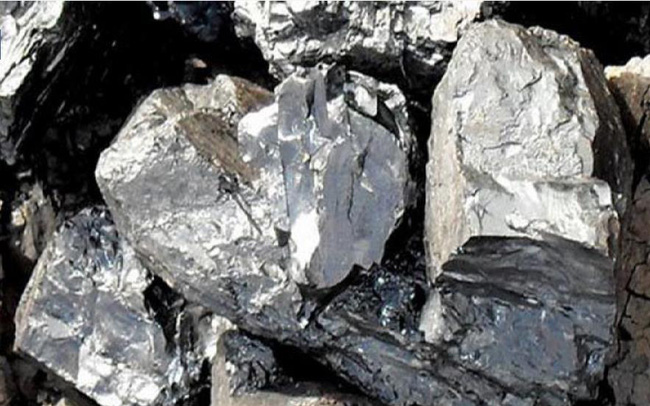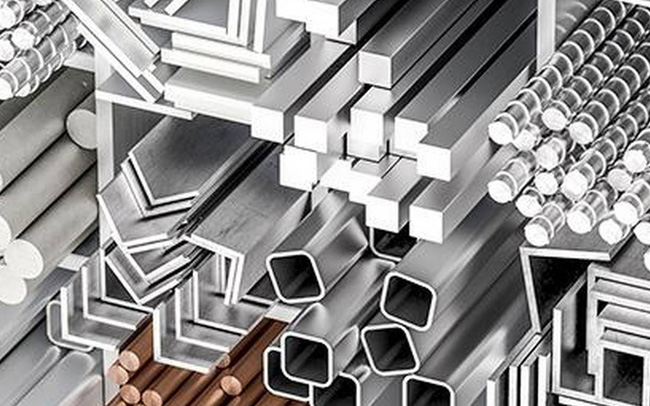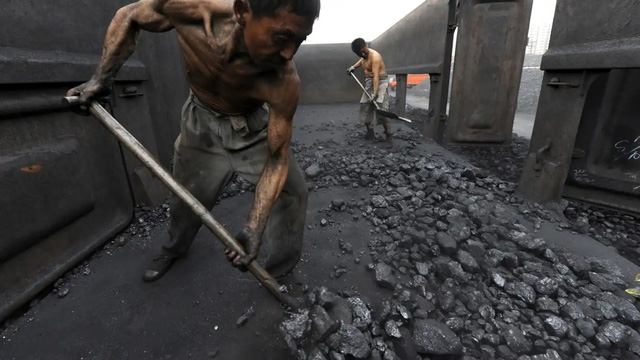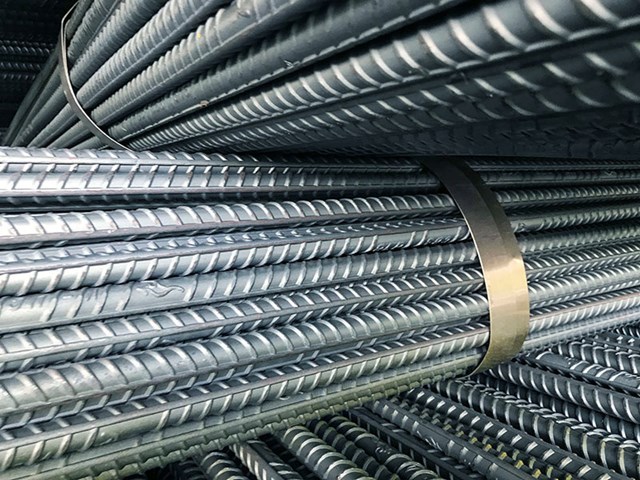Steel prices in the Chinese market rose in the last session on the rise of steel raw material prices and the forecast that the Government of this country will increase production control, despite the slowing construction activity in the country and sales. Car sales are also restricted.
On July 5, all major factories in the steel capital of Tangshan, Hebei province, China – which produces 14% of China’s total steel output – resumed operations, maintaining capacity in 70% level.
The 70% capacity level is higher than China’s previous strict production restriction (at 50%) as the Beijing government pursues its goal of balancing the steel demand of the growing economy. post-pandemic recovery, with the contents of the commitment to environmental protection that this country has committed.
The 70% capacity level can be maintained until the end of this year as experts expect the country’s crude steel output to drop by about 60 million tons in the second half of 2021.
The resumption of operations of a series of factories has pushed up iron ore prices in China.
Last session, the price of rebar – used in construction – on the Shanghai floor (October term) increased 2.9% to 5,304 CNY/ton (equivalent to 821.15 USD)/ton at the close; Hot-rolled coil, used in the production of automobiles and home appliances, rose 3.2% to CNY 5,604 a tonne.
Iron ore futures on the Dalian Commodity Exchange, for September delivery, this session also increased by 3.7% to 1,242 CNY/ton, ending the session still up 2.8% compared to the previous session. at the close of the previous session, reached 1,231 CNY/ton.
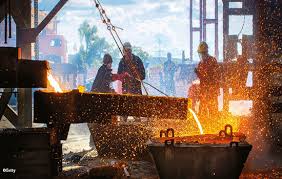 |
The 70% capacity level is higher than China’s previous strict production restrictions.
Zheng Weiwei, a Shanghai-based steel trader, told the Global Times that steel futures prices rose, but spot prices remained unchanged, as the Chinese government’s regulation to restrain steel prices negatively impacted profits. of manufacturers while demand did not fluctuate strongly.
In the first five months of this year, China’s crude steel output reached 473 million tons, up 13.9% year-on-year. This move goes against the Beijing government’s goal of maintaining crude steel production in 2021 at the level of 2020 and could result in mills in Tangshan, Anhui, Shandong and Gansu is also facing the risk of being forced to reduce production.
This will have a strong impact on the price and output of imported iron ore, especially in Australia. This country is currently the largest supplier of iron ore to the Chinese market, accounting for about 60%.
In 2020, China is the third largest iron ore producer in the world with 340 million tons, behind Australia (900 million tons) and Brazil (400 million tons).
Source: VITIC/Reuters
T&G International Joint Stock Company
Address: 352 Hue Street, Le Dai Hanh Ward, Hai Ba Trung District, Hanoi
Hotline: 0345786803
Email: hrm@tginterjsc.com
Website: http://tginternationaljsc.com



